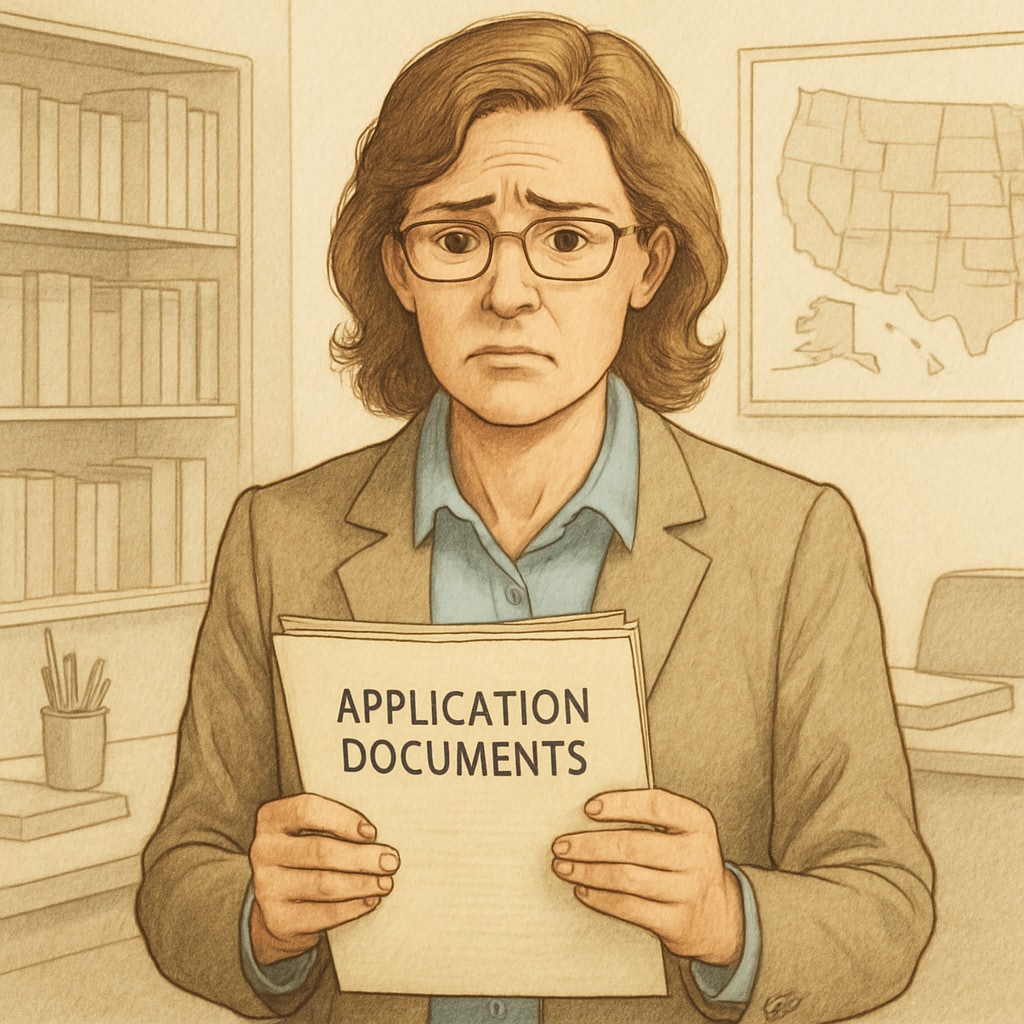The recent decision by Oklahoma to implement political screening for out-of-state teacher applicants has stirred a significant debate surrounding education neutrality, ideological control, and professional autonomy. The policy, which reportedly requires candidates to undergo an evaluation of their political beliefs, has raised questions about its motivations, implications for the teaching profession, and potential consequences for the state’s education system.

The Policy: Balancing Educational Neutrality or Promoting Ideological Control?
Oklahoma’s new requirement for political screening has been defended by state officials as a measure to ensure that educators align with the values of the community they serve. Supporters argue that teachers hold influential roles and their ideologies can impact the way subjects are taught, particularly in areas like history, civics, and social studies. Therefore, they claim, this policy is a safeguard to maintain educational neutrality and prevent ideological bias in schools.
However, critics are concerned that this screening process could serve as a mechanism for ideological control. They argue that such measures risk alienating highly qualified educators who may hold differing viewpoints, ultimately limiting diversity of thought within the classroom. For example, similar debates have emerged in other states regarding how political pressures affect curriculum decisions, as highlighted by education reform controversies.
Potential Impacts on Teacher Recruitment and Retention
One of the most pressing concerns surrounding this policy is its potential impact on teacher recruitment and retention. Oklahoma, like many other states, faces challenges in attracting skilled educators amid national teacher shortages. Introducing political screening could deter applicants from other states who may perceive this policy as invasive or discriminatory.
In addition, the policy might exacerbate existing shortages by creating barriers for teachers who are otherwise qualified but unwilling to submit to ideological scrutiny. As a result, the state may struggle to provide high-quality education to its students. This issue mirrors broader discussions on teacher shortages, as explored in teacher shortage studies.

Striking the Balance: Autonomy vs. Accountability
Finding a balance between protecting educational neutrality and respecting teacher autonomy is critical. While it is reasonable to ensure that educators avoid promoting personal ideologies in their teaching, policies like this risk crossing ethical lines by potentially infringing on personal freedoms and professional judgment.
- Transparency: Clear guidelines about the screening process and criteria should be made public to ensure fairness.
- Objective Measures: Screening should focus on professional qualifications and teaching competencies rather than political beliefs.
- Support Systems: Providing ongoing training for educators to navigate sensitive topics in education can be more effective than ideological filtering.
As a result, any effort to implement screening policies must carefully consider how they impact the rights of educators and the quality of education delivered to students. The overarching goal should be to foster an inclusive and balanced learning environment without compromising teacher autonomy.
Conclusion: A Debate Worth Watching
Oklahoma’s political screening policy for out-of-state teacher applicants raises complex questions about the role of ideology in education. While proponents view it as a necessary safeguard for community values, opponents argue it risks undermining diversity, professional autonomy, and the state’s ability to recruit top talent. The ongoing discussion highlights the need for thoughtful approaches to educational policy that prioritize both neutrality in teaching and the rights of educators.
As this debate unfolds, it will be critical to monitor the policy’s outcomes and its impact on Oklahoma’s education system. By maintaining a focus on fairness, inclusivity, and professional standards, policymakers can work towards solutions that benefit both educators and students alike.


